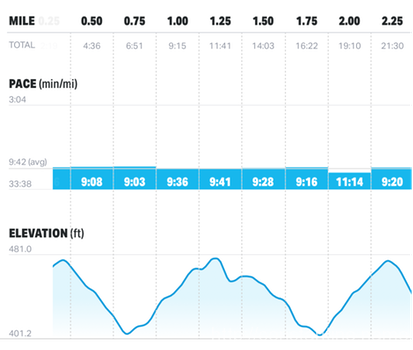THE EMANCIPATION PROCLAMATION:
By the President of the United States of America:
A PROCLAMATION
Whereas on the 22nd day of September, A.D. 1862, a proclamation
was issued by the President of the United States, containing,
among other things, the following, to wit:
“That on the 1st day of January, A.D. 1863, all persons held as
slaves within any State or designated part of a State the people
whereof shall then be in rebellion against the United States shall
be then, thenceforward, and forever free; and the executive
government of the United States, including the military and naval
authority thereof, will recognize and maintain the freedom of such
persons and will do no act or acts to repress such persons, or any
of them, in any efforts they may make for their actual freedom.
“That the executive will on the 1st day of January aforesaid,
by proclamation, designate the States and parts of States, if any,
in which the people thereof, respectively, shall then be in
rebellion against the United States; and the fact that any State
or the people thereof shall on that day be in good faith
represented in the Congress of the United States by members
chosen thereto at elections wherein a majority of the qualified
voters of such States shall have participated shall, in the
absence of strong countervailing testimony, be deemed conclusive
evidence that such State and the people thereof are not then
in rebellion against the United States.”
Now, therefore, I, Abraham Lincoln, President of the United
States, by virtue of the power in me vested as Commander-In-Chief
of the Army and Navy of the United States in time of actual armed
rebellion against the authority and government of the United States,
and as a fit and necessary war measure for supressing said
rebellion, do, on this 1st day of January, A.D. 1863, and in
accordance with my purpose so to do, publicly proclaimed for the
full period of one hundred days from the first day above mentioned,
order and designate as the States and parts of States wherein the
people thereof, respectively, are this day in rebellion against
the United States the following, to wit:
Arkansas, Texas, Louisiana (except the parishes of St. Bernard,
Palquemines, Jefferson, St. John, St. Charles, St. James, Ascension,
Assumption, Terrebone, Lafourche, St. Mary, St. Martin, and Orleans,
including the city of New Orleans), Mississippi, Alabama, Florida,
Georgia, South Carolina, North Carolina, and Virginia (except the
forty-eight counties designated as West Virginia, and also the
counties of Berkeley, Accomac, Morthhampton, Elizabeth City, York,
Princess Anne, and Norfolk, including the cities of Norfolk and
Portsmouth), and which excepted parts are for the present left
precisely as if this proclamation were not issued.
And by virtue of the power and for the purpose aforesaid, I do
order and declare that all persons held as slaves within said
designated States and parts of States are, and henceforward shall
be, free; and that the Executive Government of the United States,
including the military and naval authorities thereof, will
recognize and maintain the freedom of said persons.
And I hereby enjoin upon the people so declared to be free to
abstain from all violence, unless in necessary self-defence; and
I recommend to them that, in all case when allowed, they labor
faithfully for reasonable wages.
And I further declare and make known that such persons of
suitable condition will be received into the armed service of
the United States to garrison forts, positions, stations, and
other places, and to man vessels of all sorts in said service.
And upon this act, sincerely believed to be an act of justice,
warranted by the Constitution upon military necessity, I invoke
the considerate judgment of mankind and the gracious favor
of Almighty God.
~ Abraham Lincoln from, Juneteenth – Wikipedia

